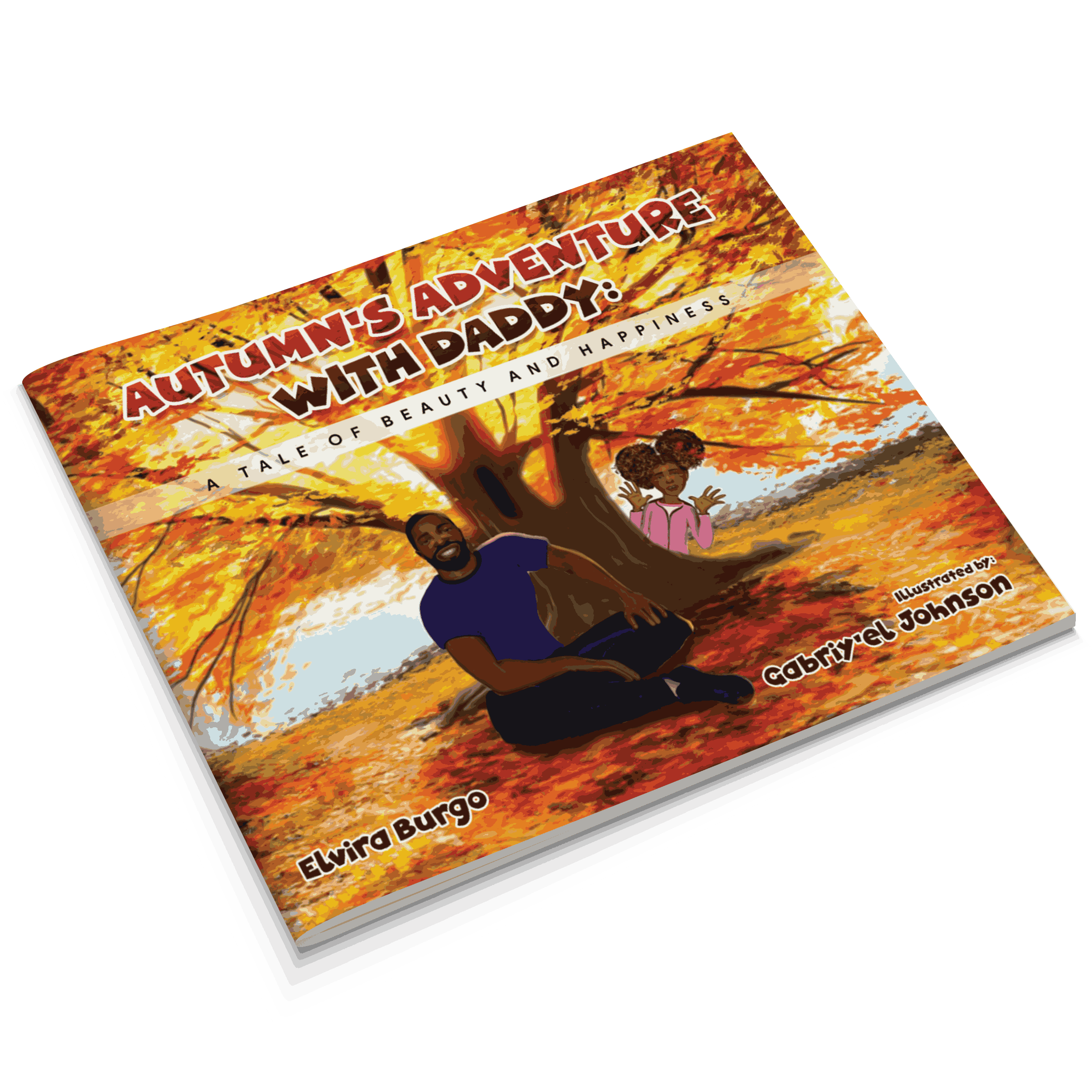Illiteracy in Adults & Children
Most of us know the importance of literacy. However, literacy is even more important to those adults who are illiterate. As humans, it’s only natural to want what you don’t have.
I’ve come across illiterate adults. One was pretty well to do. Hard work paid off, and so was being frugal. Another had little education but found a successful company. Yet, there existed in these individuals some form of pain. I heard them say, “If I had an education, I would have been the president.” “I would have been a doctor if I had an education.”
To those adults, I say, but you’ve done well. Richness is enjoying what you have.
Illiteracy in adults is not a death sentence. However, it’s good to know the facts.
ADULT ILLITERACY
· 21% of adults in the U.S. are illiterate
· 54% of adults have literacy below the 6-grade level
· 34% of adults who lack proficiency were born outside the U.S.
· Low levels of literacy costs the U.S. up to 2.2 trillion per year
(Source: www.thinkimpact.com)
Now, to children’s illiteracy.
DID YOU KNOW…
1 in 4 children in America grows up without learning how to read.
Nearly 85% of the juveniles who face trial in the juvenile court system are functionally illiterate. Could there be a close relationship between illiteracy and crime? Researchers say yes.
More than 60% of all inmates are functionally illiterate.
(Source: www.dosomething.org)
Here’s what’s predicted with illiterate children:
· 2/3 of students who cannot read proficiently by the end of 4th grade will end up in jail or on welfare
· Students who don’t read proficiently by the 3rd grade are 4 times likelier to drop out of school
(Source: www.dosomething.org)
STOP, YOU MAY SAY.
This doesn’t apply to my child. You are correct. Your child and mine can read and that’s excellent.
But, what about those who cannot read?
As stark as these predictions are, they get us to think. And maybe do something. I won’t write somebody off because of their lot in life. The two adults above are prime examples of success.
RESILIENCE.
Thank goodness for it.
Whether our children are fortunate or not, everyone can benefit from literacy. There’s always room for improvement and growth. The following are ways to improve a child’s reading skills and make reading enjoyable.
Ways to Improve a Child’s Reading Skills
· Read often to your child. This may seem basic. HOWEVER, FEWER THAN HALF OF PARENTS READ ALOUD TO THEIR CHILDREN EVERY DAY. A survey showed that 34% of parents do so for at least 15 minutes. (Source: www.dpfc.net). Experts in reading show that children who are frequently read aloud to are likely to be successful students. (Source: Reading First)
· Let your child see you reading. One thing about children is that they’re good at modeling. SCARY HUH?
· Let your child know that you are enjoying reading. Enthusiasm is contagious.
· Point to signs in your child’s environment, but don’t overwhelm them. If there’s information overload in adults, imagine that in young brains.
· Run your finger under the print line when reading to your young child. This teaches a lot. Children need to see that sentences are made up of words that have meaning.
Tips for Making Reading Pleasurable
1. Give your child choices on what books to read.
2. Ensure reading doesn’t seem like a chore.
3. Encourage fun activities that require reading. For example, rocks collected. Read a reference book. Cooking: Use a recipe book. (So much learning is involved with cooking).
4. Provide reading materials in the home that piques your child’s natural interest in the things around them. Materials can be anything, such as magazines.
5. Have your child act out a story.
6. Have your child draw pictures of the events in the story.
Literacy is significant not only for our children but for society as well. Kudos to those of you who are doing a great job of shaping your child’s future. The more you do, the better your child and our country will be. Add to that, teachers will be happy. (I just had to throw that one in there). On a more serious note, your child benefits the most and is happier for it. Struggling in school is no joke. There’s always room for improvement, however. Giving up on a child is never an option. Nor is giving up on you. Even while circumstances may be dire and times not so good, keep on living.
HOPE.
Towards others and self.
Something to think about:
Do you know an adult who is illiterate or has little education? How has she or he fared? What are your thoughts about illiteracy? Have you done something for a less fortunate child? What other tips do you have for making reading more enjoyable?
Thank you,
Elvira

